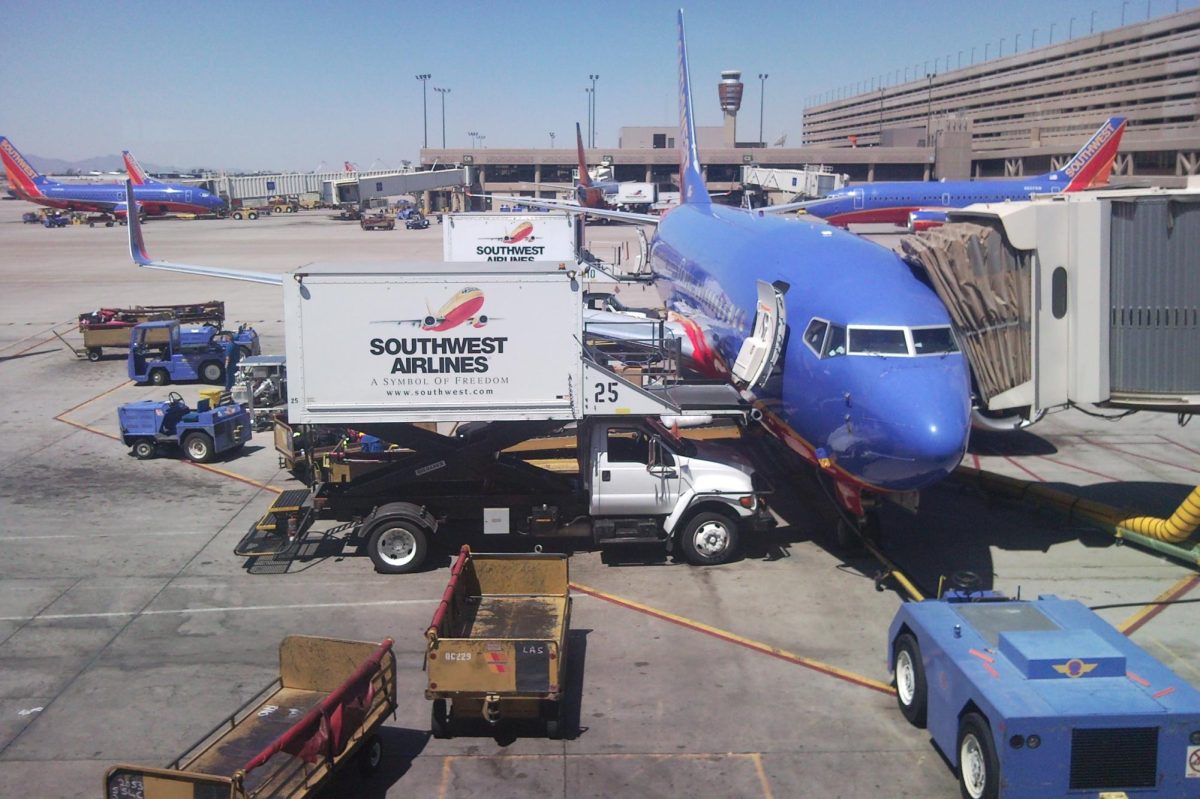Dealing with the record heat wave in the Valley—Phoenix’s Sky Harbor Airport has encountered a challenging predicament – extreme heat and an unexpected shortage of pilots.
The combination of these two factors has made travel this summer a turbulent one for passengers and airlines alike.
A Scorching Lesson from History
Some Valley residents may recall when Phoenix recorded its hottest day on record, June 26th, 1990. That day, Sky Harbor grounded flights, as manufacturers were unsure how planes would behave during takeoff in such extreme heat. It marked a profound change in the aviation industry’s understanding of heat’s impact on flying.
Fast forward to 2023, and the lessons learned from that scorching day are still relevant.
As the summer temperatures in Phoenix continue to rise, the challenges of aviation become more pronounced. The Federal Aviation Administration (FAA) confirms that extreme heat during the hottest parts of the day can affect an aircraft’s ability to achieve lift, thereby impacting flight schedules.
“In extreme heat, the air is less dense and generates less lift. The maximum takeoff temperature depends on airplane taking off at sunset factors including the make and model of the aircraft, its weight and airport altitude.” reads an official statement released by the FAA in June of 2023. Summer 2023 has seen Sky Harbor making constant headlines for delays.
Pilot Shortage Adds to the Problem
Another factor contributing to the chaotic summer schedule at Sky Harbor is a shortage of pilots.
Research by aviation consultancy firm Oliver Wyman indicates a shortfall of about 17,000 pilots in North America. This shortage isn’t just a number; it’s being felt by passengers experiencing delays and cancellations.
Last summer there were reports of Arizona travelers being left stranded across the country flying back into Sky Harbor, the cancellations of the flights were attributed to a nationwide pilot shortage.
The aviation industry’s response to the shortage has been proactive, with collaboration between flight schools and airlines. Modern training tools like VR simulators are being utilized to bridge the gap.
Adapting to Rising Heat?
The pattern of delays and cancellations at Sky Harbor Airport this summer is not merely an inconvenience but an emerging consequence of a changing climate. The extreme heat, a phenomenon that grounded all flights one day in June 1990, has proven to be more than an isolated incident, with every new summer breaking more and more heat records than the last.
The challenges at Sky Harbor serve as a reminder of what may lie ahead if the summer season continues to get hotter each year. Travelers may find it helpful to be aware of these challenges and plan accordingly to minimize the impact on their travel schedules.




















